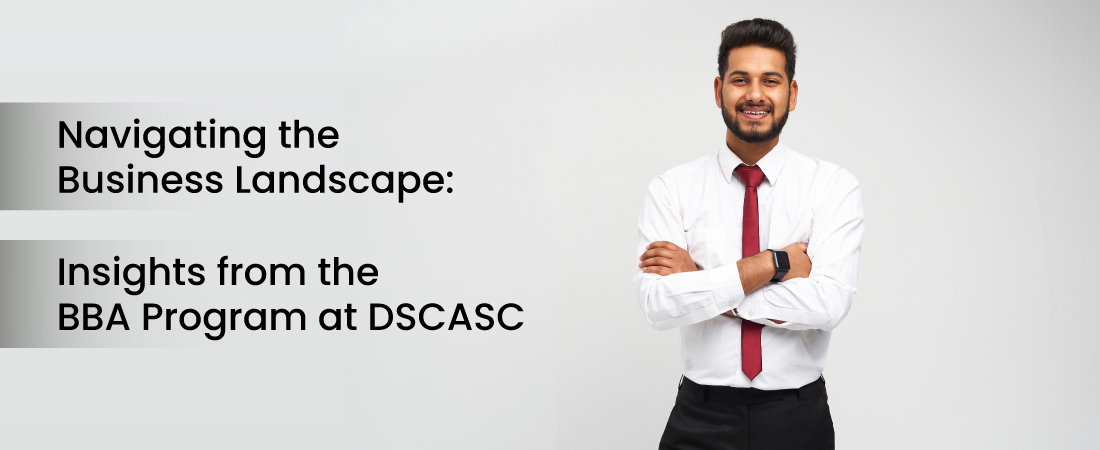
The business landscape is fast changing, powered by new technologies, changing consumer behaviour, newer manufacturing and delivery models and emerging advertising and marketing paradigms. Marketing professionals of today need to have a clear understanding of the rapidly changing ecosystem, and get a grip on the effective trends in marketing and promotions.
As we know, for marketing activities across categories, digital communication is the way forward and has overtaken traditional media in terms of spends and visibility. For the first time last year, digital marketing spending crossed 50% followed by television which was followed by print media. India has over 800 million broadband users according to the union government, the largest in the world. This pool is a great opportunity for businesses to reach and engage with their TG. Let’s understand the digital landscape and the trends in space.
Video marketing - Video has emerged as a powerful medium in digital marketing and is growing strong year on year. Platforms like YouTube, TikTok, and Instagram Reels are being tapped extensively by businesses to capture the attention of the audience. Video helps businesses convey compelling messages increasing customer engagement and driving conversions.
VR and AR could see a revival - Both these fascinating technologies which were restricted to events and exhibitions for long, are now poised to make an impact. More and more marketers in spaces such as real estate development, tourism, and education are adapting VR and AR based content and this trend is poised to catch up going forward.
Influencer Marketing - Influencer marketing is growing and growing and growing! It’s a strategy businesses are depending on to reach their brand and connect with their audiences. Going forward, more businesses will partner with influencers relevant to their space, to promote their products and services. You also have the emergence of micro-influencers with their engaged audiences, coming out as an affordable alternative to broad-based influencers.
Personalization and Customer Experience – Considering the volume of information that customers are exposed to, they seek personal messaging and experiences. Digital marketers in India must focus on personalised content to engage with their niche audiences. This can be achieved by leveraging data analytics and automation to gather insights into customer ‘behaviour’ and purchasing patterns. Thus marketing campaigns and product promotions must be personalised along with focused emails and specific recommendations.
Voice Search Optimisation - Indian audience is slowly but surely adapting voice assistants and smart speakers, leading to an increase in voice search. Businesses have to ensure they are accessible to voice search users and marketers must focus on long-tail keywords and conversational language as they go about optimising their website.
Social Commerce - Social media platforms are today an integral part of the Indian consumer's shopping effort. Platforms like Facebook, Instagram, and WhatsApp have advanced features that enable seamless shopping experiences within their platforms. Businesses are increasingly embracing e-commerce sites by setting up online stores, placing product posts and social media advertising. A strong social media presence backed by mainline media and actively engaging with customers can significantly impact business growth.
Artificial Intelligence / Chatbots – AI and chatbots are more intelligent in the way they respond with potential customers and are transforming the customer experience with intelligent responses to customer queries, support and overall user experience. These are contributing to a reduction in operational costs and enhancing customer satisfaction. AI is also being utilised to crunch large volume data and enable businesses to make data-driven decisions and personalise marketing campaigns.
Blogging – Blogs are a popular tool through which potential customers access information about products and services of their interest. While video content on traditional broadcast platforms and social media are creating the traction they are, blogs, which were among the earliest of content formats, still continue to exist in popularity. Studies show 1 in 3 marketers leverage their blog or website. Apart from providing the potential consumer with information and perhaps potential conversion, blogs enable search discoverability which means sites with substantial blogs have more search potential and are better placed to implement SEO strategies. These along with case studies are among the most important tools a marketer can leverage to reach out to his target audience.
Students who wish to pursue a career as marketers have to have a clear understanding of products, consumer behaviour, how products and services are promoted, how brands are built and new age marketing paradigms.
Dayananda Sagar College of Arts, Science, and Commerce (DSCASC) part of the Dayananda Sagar Group of Institutions, offers BBA (Bachelors in Business Management), a 3-year, full time program with specialization including Human Resource Management, Financial Management, and Marketing Management that imparts the fundamentals of marketing and communication, providing students with the much needed grounding, to pursue careers are marketing professionals. The institution has world class infrastructure and amenities and is backed by experienced professionals with rich experience in the industry. The syllabus is constantly upgraded with extensive inputs from the industry to ensure students are equipped to pursue promising careers in the industry.
Copyright © 2022 DSI. All Rights Reserved.
Design & Maintained by DSI - SWD.